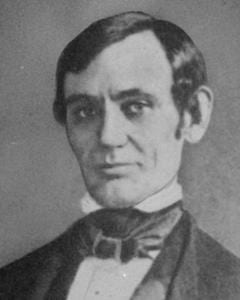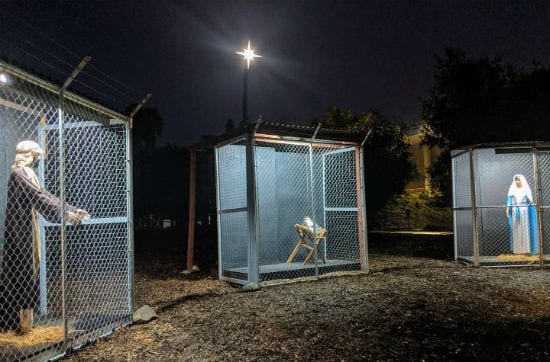Timothy Burke, just up the road at Swarthmore, lets loose a primal scream. (You could hear the echoes hear in Media, but I got the link via Brad DeLong.)
It's worth quoting at length:
"Stop with the hindsight," says one writer. "Be patient," says another.
Oh, no, let's not stop with the hindsight. Not when so many remain so profoundly, dangerously, incomprehensibly unable to acknowledge that the hindsight shows many people of good faith and reasonable mien predicting what has come to pass in Iraq. Let's not be patient: after all, the people counseling patience now showed a remarkable lack of it before the war.
One of my great pleasures in life, I am ashamed to say, is saying "I told you so" when I give prudential advice and it is ignored. In the greatest "I told you so" of my life, I gain no pleasure at all in saying it. It makes me dizzy with sickness to say it, incandescent with rage to say it. It sticks in my throat like vomit. It makes me want to punch some abstract somebody in the mouth. It makes me want to scrawl profane insults in this space and abandon all hope of reasonable conversation.
That's because the people who did what they did, said what they said, on Iraq, the people who ignored or belitted counsel to the contrary, didn't just screw themselves. They screwed me and my family and my people and my nation and the world. They screwed a very big pooch and they mostly don't even have the courage to admit it. They pissed away assets and destroyed tools of diplomacy and persuasion that will take a generation to reacquire at precisely the moment that we need them most. …
Burke notes:
… the very substantial arguments by other critics, who said, "The war on Iraq cannot accomplish what you would like it to accomplish in producing a democratic and liberal state in Iraq, no matter how noble your aims are. The war on Iraq will not enhance the war on terror, in fact, it will severely damage it. The war on Iraq cannot be justified on humanitarian grounds without arbitrarily and inaccurately defining Hussein's Iraq as a worse situation than many comparable others — and an arbitrary humanitarian claim damages the entire edifice of humanitarian concern."
There were plenty of people making arguments like these — perhaps even within the Administration — and they were shouted down or completely ignored before the war and even early in the occupation. From these arguments, most of what has come to pass was predicted. Not because of mismanagement — though there has been that, in spades. Not because of the misdeeds of individuals — though there has been that a-plenty, both within the Beltway and on the ground in Iraq. Not because the Bush Administration lacked a free hand to do what it wanted — it has had that, more than any US government in memory. But because of deep, irreparable flaws in the entire enterprise.
A war on Iraq where the build-up was handled much more intelligently and gradually, with much more attention to building international consensus steadily. An Administration not addicted to strident purity tests and not irremediably hostile to both internal and external dissent. An argument for the war that took pains to build bridges rather than burn them, and that accepted gracefully constraints on its own claims and objectives. An occupation that was methodically planned and clear about the challenges ahead. These are the preconditions for even imagining the ghost of a hope that the war could succeed in its humanitarian purposes. In their evident absence from the first moment, the war could not overcome its handicaps. …
Note the source of Burke's anger. He is not simply upset that the Bush administration has heedlessly and recklessly chosen to engage America in an unnecessary war.
He is upset because this heedlessness and recklessness chosen by the Bush administration has America losing this war.












